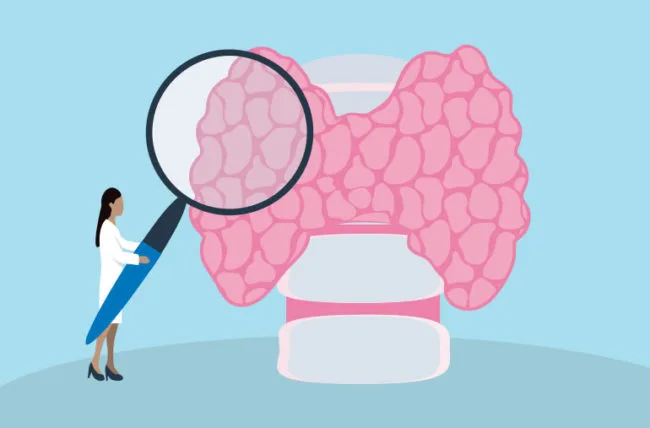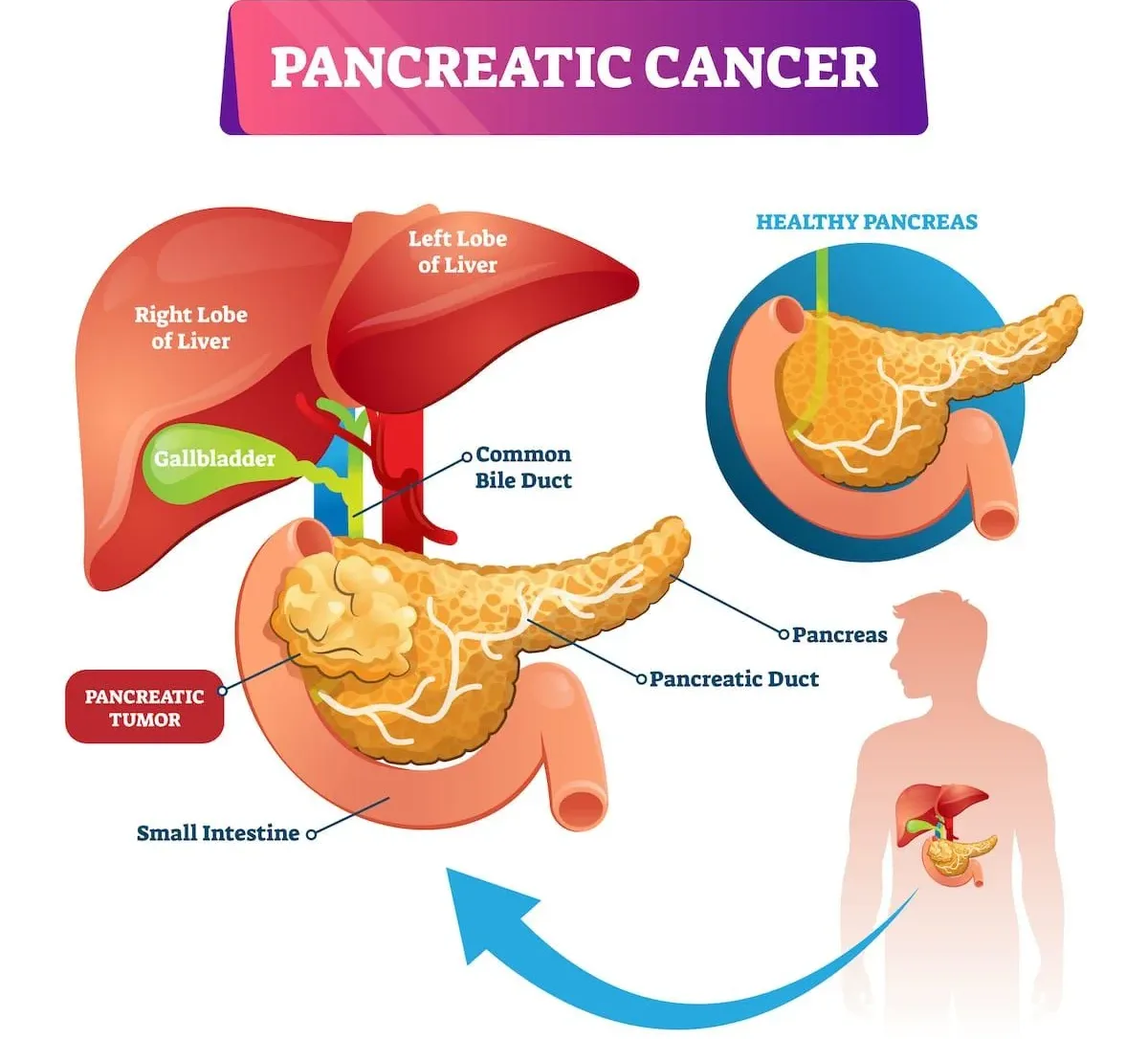What should people expect from Hashimoto’s disease?
Houston Endocrine Center2023-04-20T15:27:29+00:00Hashimoto’s disease is a form of hypothyroidism. It is the most common cause of an underactive thyroid gland and commonly occurs in middle-aged women. The thyroid gland produces hormones regulating metabolism, so when it does not produce enough hormones or has trouble producing them effectively, it can lead to symptoms like fatigue and weight gain. Hashimoto’s disease can also affect men, children, and older adults. It is important to know what you should expect from your physician when treating Hashimoto’s disease.

What is Hashimoto’s disease?
Hashimoto’s disease is an autoimmune disorder that affects the thyroid gland. It’s a chronic condition that can last for many years but can be treated with medication and lifestyle changes.
Hashimoto’s disease occurs when your immune system mistakenly attacks healthy cells in your body. Specifically, it targets your thyroid gland–a small organ at the base of your neck that produces hormones that control metabolism (how fast you burn calories). If left untreated, Hashimoto’s disease can cause serious health problems, including weight gain or loss; hair loss; fatigue; depression; joint pain; dry skin, and brittle nails.
What are the symptoms of Hashimoto’s disease?
As a common autoimmune disorder, Hashimoto’s disease can affect people differently. The symptoms of Hashimoto’s disease can be mild or severe depending on the stage of the disease.
- Fatigue: A person with Hashimoto’s may experience extreme fatigue that limits their ability to perform daily tasks or complete work projects.
- Weight gain: Some people with Hashimoto’s experience weight gain due to increased appetite and difficulty losing weight even when dieting or exercising regularly.
- Cold hands and feet: Many people diagnosed with this condition report having cold hands and feet most days, making it uncomfortable if they’re outside for long periods during winter (or other seasons).
What treatments are available for Hashimoto’s disease?
There are several treatments for Hashimoto’s disease.
-
Medication:
The most common treatment for Hashimoto’s disease is medication, which can help control the symptoms and reduce the risk of complications. The most commonly prescribed medications include levothyroxine (a synthetic form of T4), liothyronine (T3), and carbimazole to control your thyroid hormone levels. However, these drugs do not work in all cases and may cause side effects such as weight gain or mood problems in some people with hypothyroidism.
-
Lifestyle changes:
Making healthy choices can also help manage Hashimoto’s disease by reducing stress on your body while boosting immunity to fight off infections more effectively.
-
Dietary changes:
Some doctors recommend following a gluten-free diet if you have celiac disease because people with celiac disease are at higher risk for developing autoimmune disorders like Hashimoto’s thyroiditis.*
-
Surgery:
Depending on how severe your condition is, surgery may be necessary to remove part or all of your thyroid gland if it causes symptoms like swelling in the front neck area
It is important to know what you should expect from your physician.
A good doctor will ask questions about your symptoms, lifestyle, and medical history. They will listen carefully to your answers and consider them in their treatment recommendations. A good doctor will also explain what they are doing during an exam or procedure and why you must have one done at all.
Finally, a good doctor will explain what they will not do–for example, prescribe medication without conducting blood tests or other diagnostic procedures that could rule out other causes of similar symptoms (such as thyroid disease).
Conclusion
In conclusion, knowing what you should expect from your physician is important. The symptoms of Hashimoto’s disease can vary greatly from person to person and even within the same individual over time, so you must communicate with your doctor about what is going on with your body, and any other medications or supplements may be affecting how they feel. Also, keep in mind that treatment options are available!










